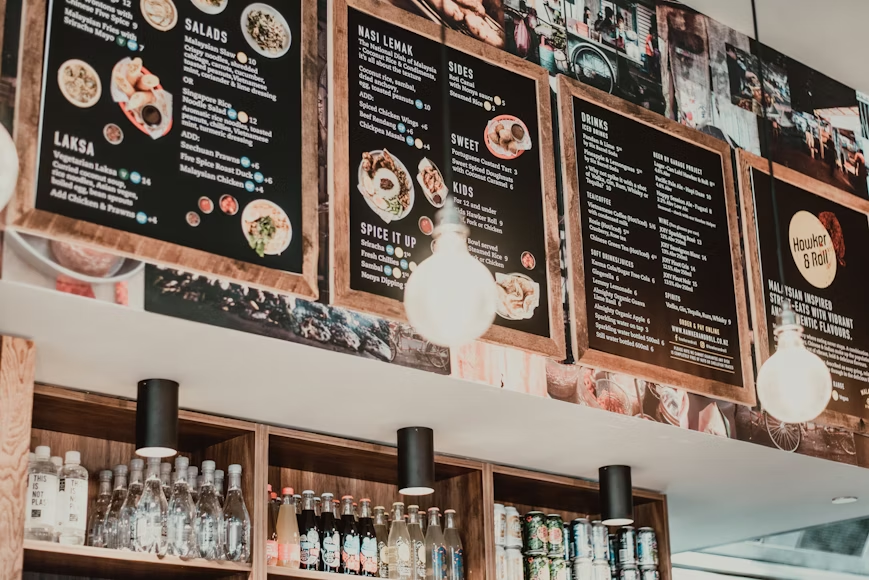Budgeting is a crucial part of operating a restaurant. A good budget provides directions and guidance for your team to achieve benchmarks. Your budget allows owners not to operate blindly while sustaining cash flow, especially if you have big expenditures on the horizon.
Author Archives: Mitchell Nance
Hospitality is a rapidly evolving market with changes defining the success of a business in
an unpredictable industry. In recent years, all industry sectors have been capitalized by a
push for sustainability and a growing need for eco-friendly operations.
MICE tourism, which stands for Meetings, Incentives, Conferences, and Exhibitions, is a growing segment of the tourism industry in the Middle East, specifically affecting hotels and adjacent hospitality sectors.
The Middle East’s dining scene is undergoing a vibrant transformation. Diners are seeking more
than just a delicious meal; they crave an immersive and interactive experience that blends culinary
delights with captivating environments and engaging activities.
A successful restaurant isn’t just about delicious food – it’s about creating a memorable experience for every guest while maximizing profitability. At the helm of this experience stands the general manager, the leader who orchestrates every aspect of the operation.
Ever ordered delicious food online but wondered where it came from? That might be a ghost kitchen! Ghost kitchens, sometimes called virtual or dark kitchens, are restaurant concepts that focus solely on delivery and takeout.
As the Middle East dining climate evolves, new trends are rapidly emerging, from new
cuisines to immersive entertainment. One facet of the hospitality sector in the Middle East is sustainability and plant-based eating.
In the ever-changing hospitality landscape, restaurant owners are always looking for ways to stay ahead of the curve. Whether through implementing the most advanced POS system or utilizing a new marketing strategy, the industry is always evolving.
The hospitality industry is a complicated financial facet, specific intricacies of hotels, restaurants, and resorts all require nuanced support because of industry-specific regulations and compliance. Paperchase solidifies its stance in the industry through a tech-agnostic operation.
A new law introduced in California will shift requirements for menu pricing in restaurants. Senate
Bill 478 was introduced to promote “price transparency” and help consumers avoid hidden fees.
After taking a critical hit during the COVID-19 pandemic, restaurants bounced back with the help of
eased regulations around outdoor dining. New York City became a hub for makeshift patios on sidewalks and the street, embracing a Parisian café culture.
New York City is known for its iconic restaurants and vibrant nightlife, but the two don’t always overlap. This month, the NYC Hospitality Alliance met with Mayor Adams and the Office of Nightlife to discuss issues facing the hospitality industry.
Restaurant reservation scalping, where third-party platforms use bots to snatch reservations at popular restaurants and resell them for a profit, has been hurting restaurants, workers, and consumers alike.
Your restaurant’s profit and loss (P&L) statement is more than just a financial record; it’s an essential tool that guides strategic decision-making.
Partnering with specialized hospitality finance accountants like Paperchase gives your business insight into these KPIs so you can run your restaurant with ease.



































